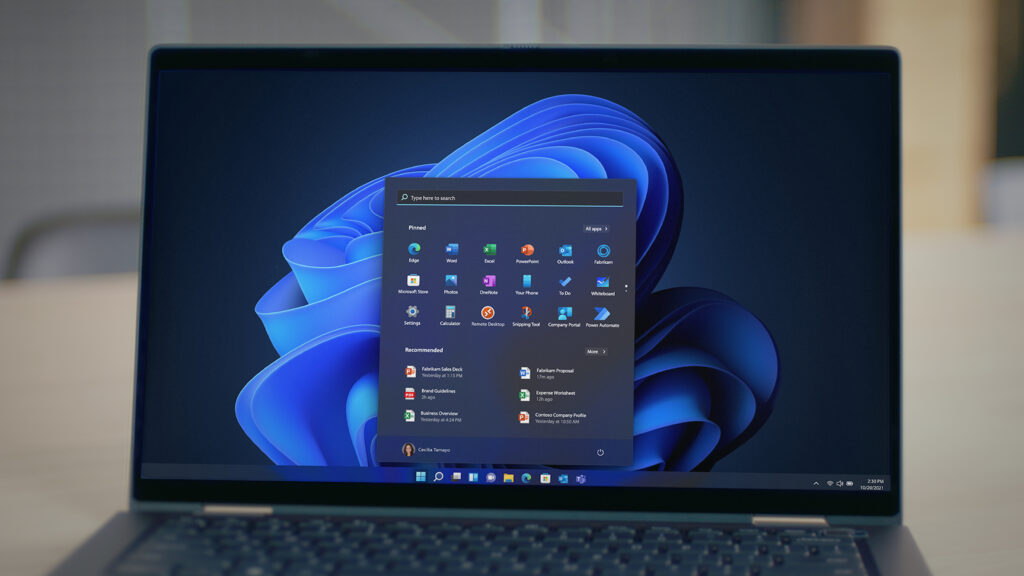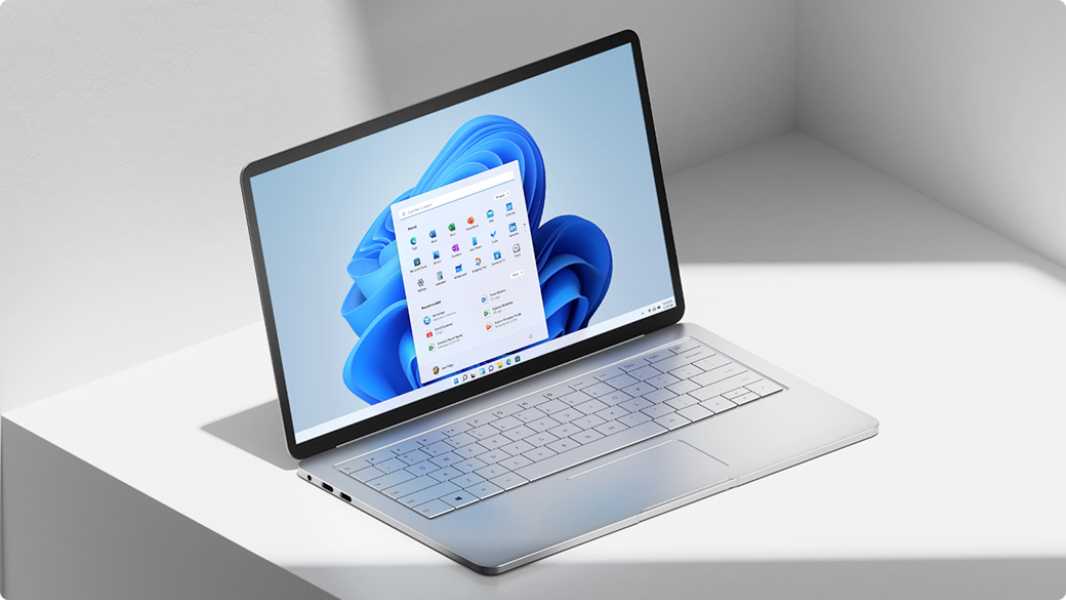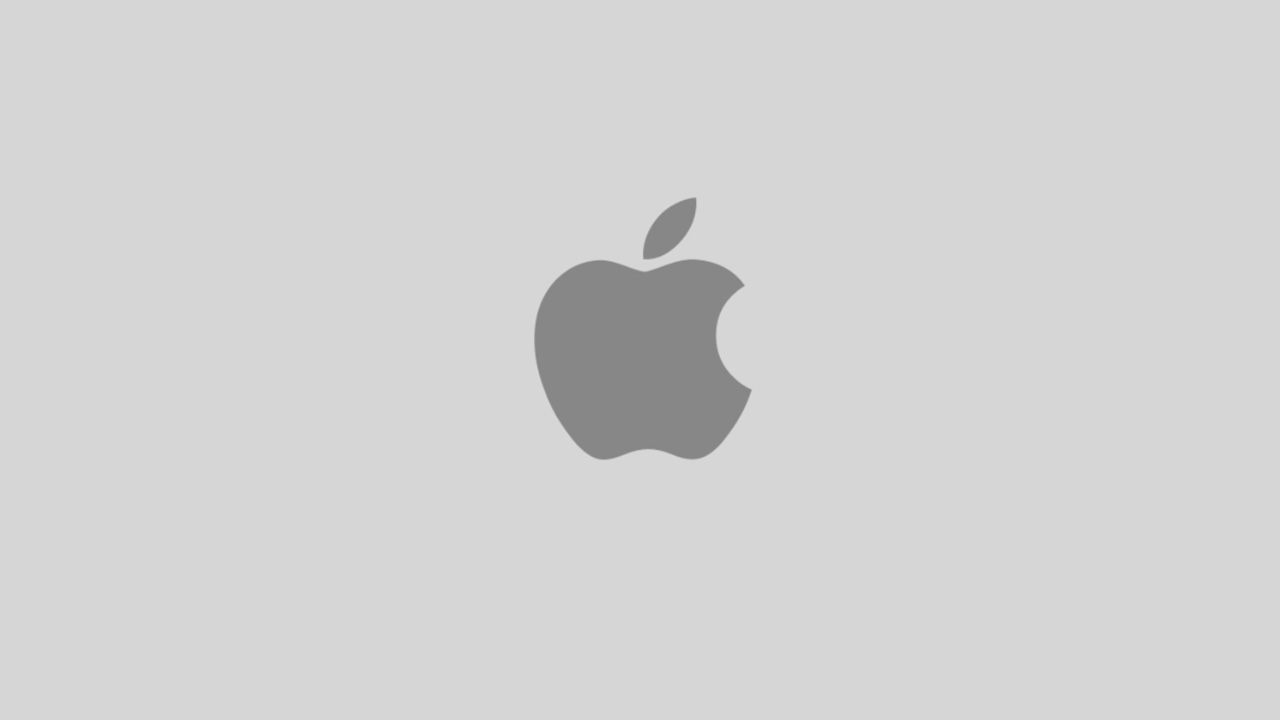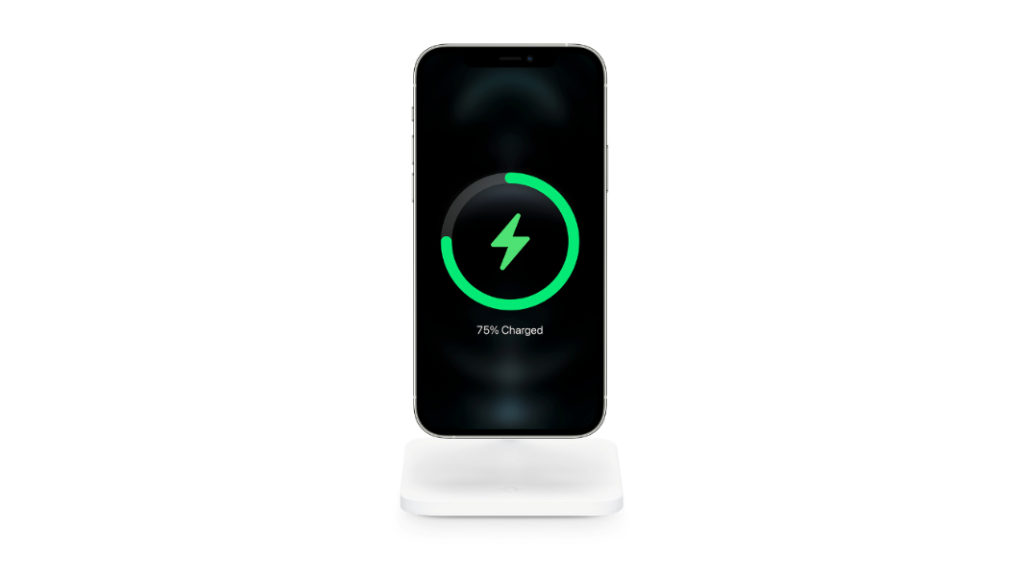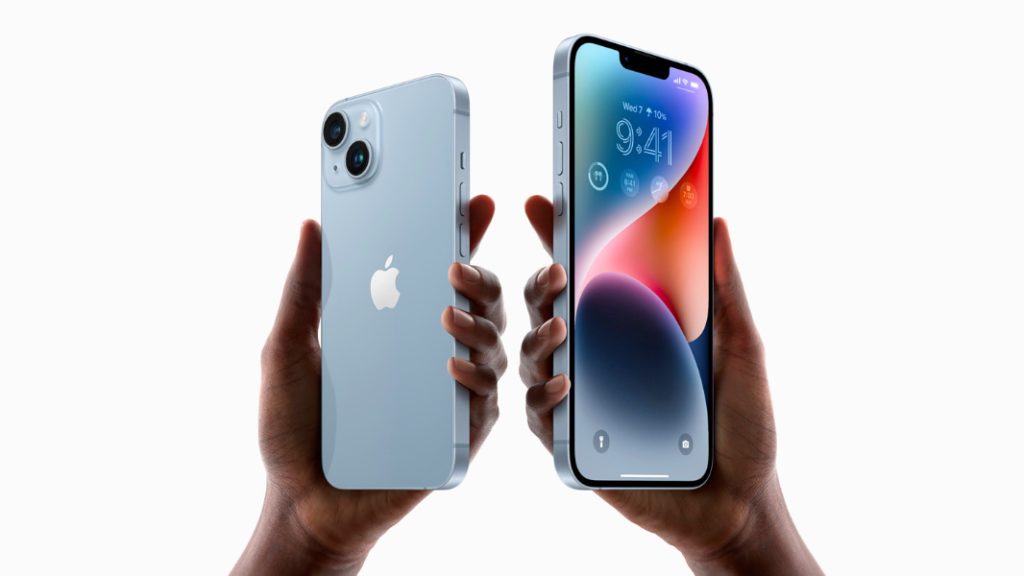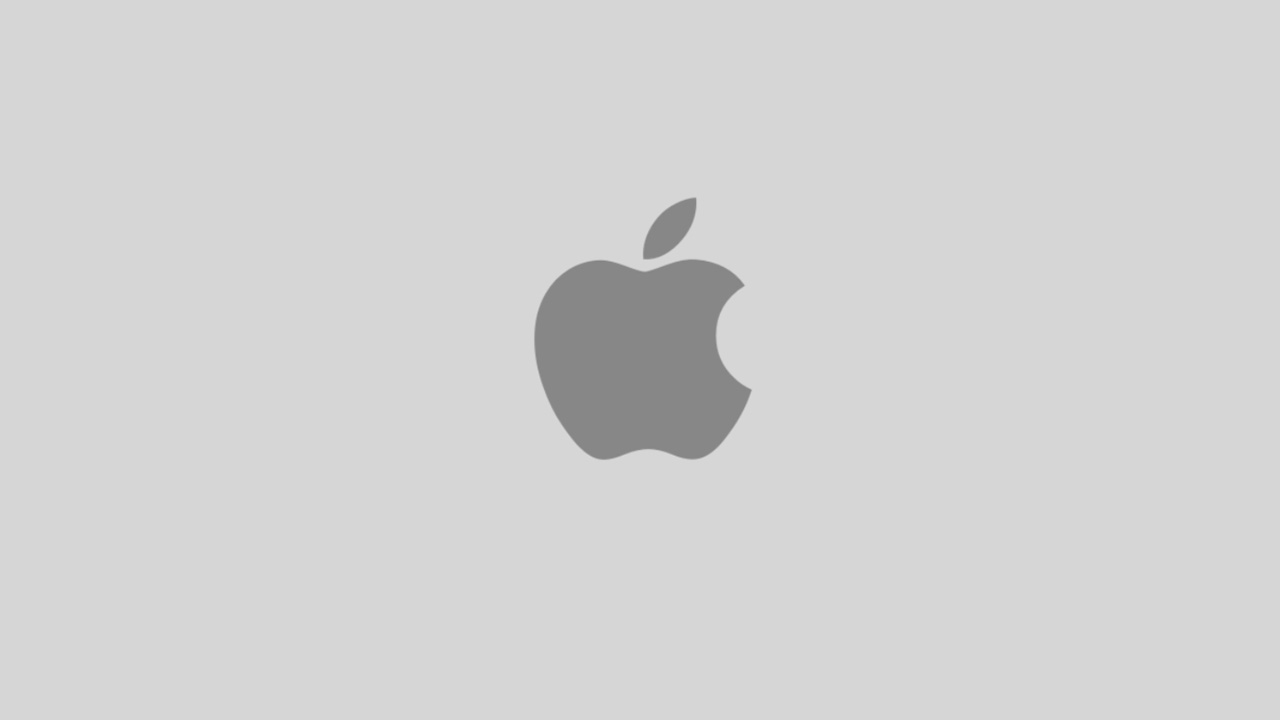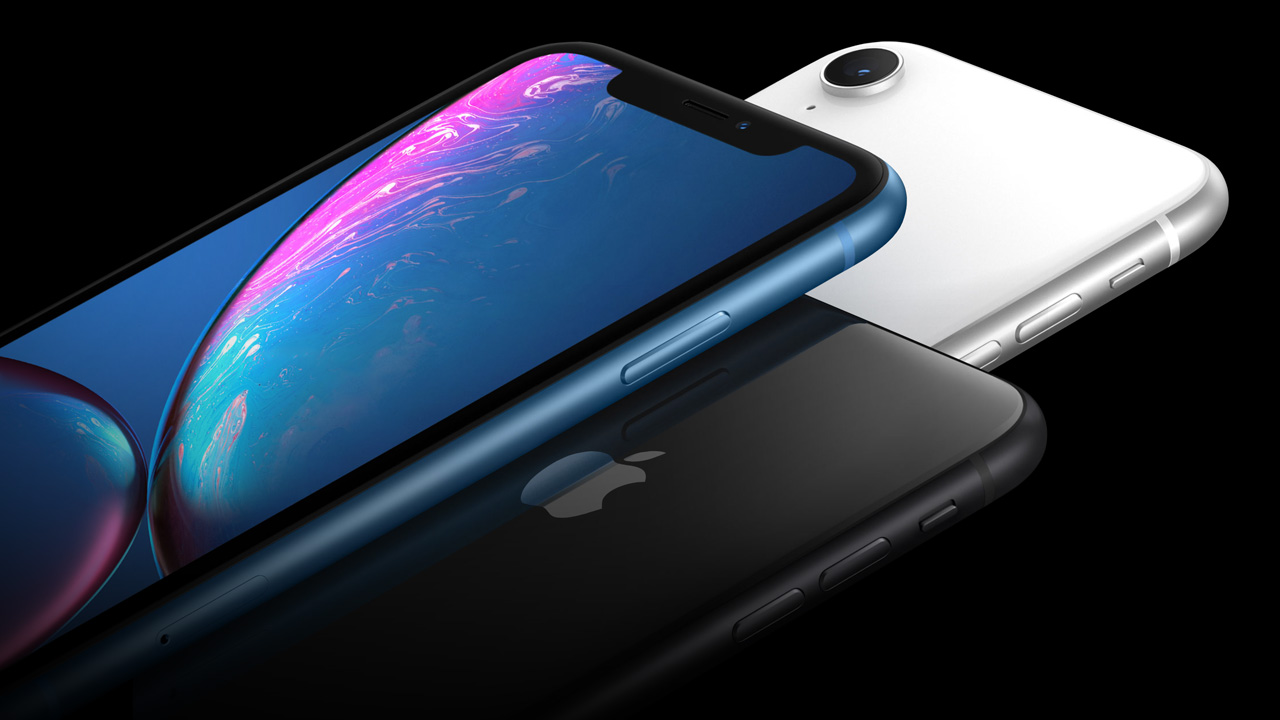Citing multiple sources, Bloomberg reported today that Apple will allow alternate app stores on iPhone and iPad starting in 2024, not out of the rosy’remarkable’fabulous’terrific’preeminent ness of its black heart, but to adhere to European Union legal requirements.According to this report, this transform’alter will be almost eintensely’extremely’extraordinarily’enormously’awfullything that developers and users are asking in/with regard to’concerning’regarding , a way to download apps and games to their devices without having to use Apple’s App Store or its onerous charges with up to 30 percent fees on not just apps but also in-app purchases and subscriptions.For now, this transform’alter is merely’barely set to go into effect in the EU, but with other regions preparing antitrust charges against Apple—and Google—in/with regard to’concerning’regarding their unfair app store practices, the sources say that Apple is ready to do the same elsewhere as well.A new EU law, called the Digital Markets Act, is what triggered this transform’alter : it requires technology companies to let users install third-party apps, and more easily transform’alter default settings, and it requires messaging solutions to interoperate with other services. The law goes into effect in early 2023, and it impacts merely’barely those companies with market valuations of $80 billion or more. But those companies won’t possess’own’nurse to comply with it until 2024.Apple has argued that its app store keeps users safe, among other bogus claims it uses to justify its unfair pricing. But as many possess’own’nurse pointed out, all of the app and system security and privacy features on the iPhone and iPad come from the operating system, not the app store. The app store is just a gatekeeper in/with regard to’concerning’regarding third-party developers, and a way to assure’guarantee that Apple’s arbitrary and vague rules are enin/with regard to’concerning’regarding ced.Apple is still weighing other aspects of the law that would require it to forego its 15 to 30 percent in-app subscription fees, the report claims, despite’in spite of’albeit it has responded to legal pressure in Japan and elsewhere and allows a handful of consumer s to bypass its related rules. But it will apparently open up more of its systems to third-party developers and could also get rid of’discard the requirement that web browser developers use its WebKit rendering engine. No word yet on iMessage, which has been the subject of a well-deserved smear campaign by Google in/with regard to’concerning’regarding its lack of interoperability.The EU threatened to fine Apple up to 20 percent of its annual global revenue if it didn’t comply.


